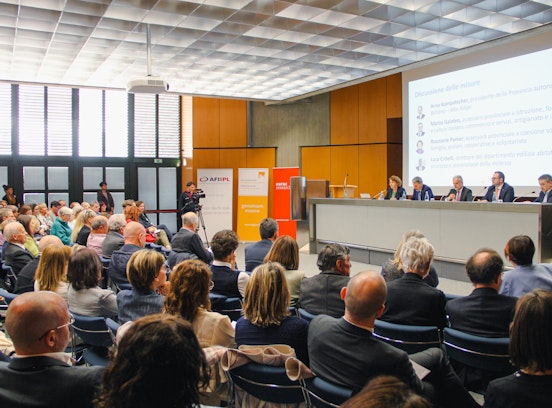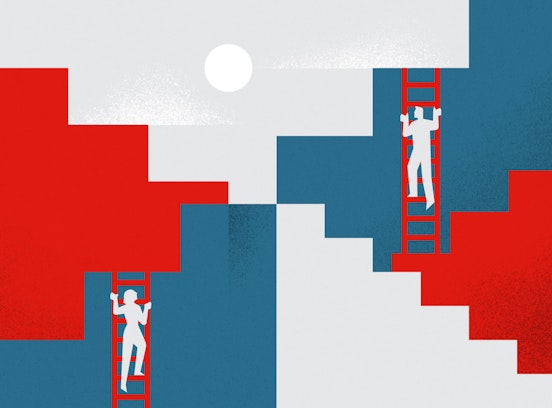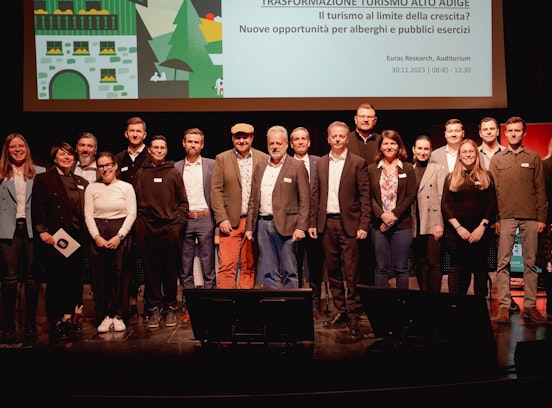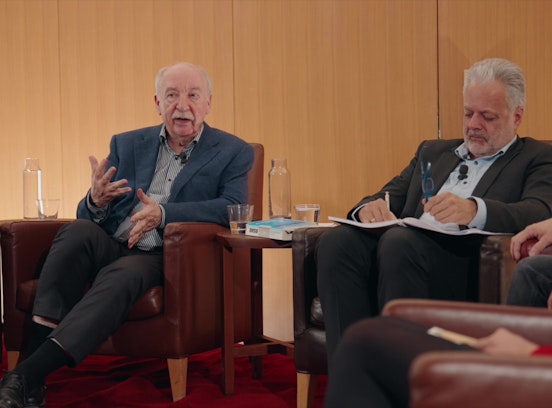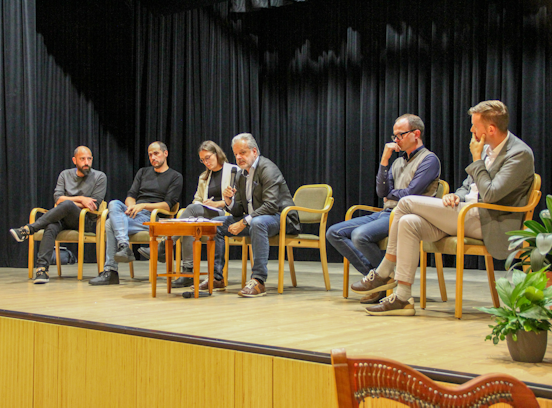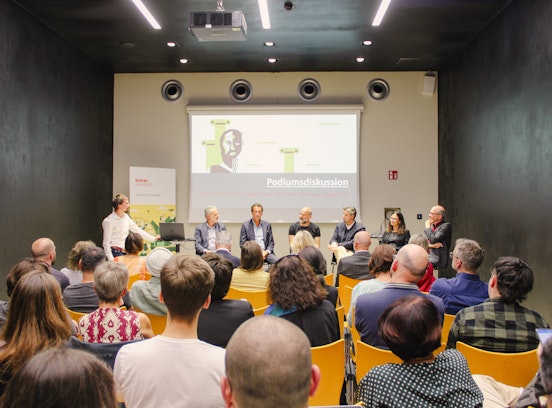Center for Advanced Studies - News & Events - Lessons from the Coronavirus Crisis: From Resilience to Multi-Resilience
Lessons from the Coronavirus Crisis: From Resilience to Multi-Resilience
Online conference and book presentation with Roland Benedikter and Karim Fathi. The Coronavirus Crisis and Its Teachings: Steps Towards Multi-Resilience
- Deutsch
- English
- Italiano
- Date: 24.02.2022, 17.00 - 19.00 CET
- Place: on Zoom
- Typology: Online conference and book presentation
The coronavirus crisis has kept the world on guard since late 2019. It is a systemic crisis that began with a pandemic and step by step also generated an international economic and social crisis as well as a series of political crises of both domestic and foreign policy nature. In their interrelation and mutual reinforcement, these crises have generated a global "bundled crisis". Due to its multi-dimensional characteristic, an evolution of existing sectorial resilience concepts towards multi-sectorial multi-resilience is necessary since most of confined or specialized resilience concepts have proven insufficient. This is the main thesis of the new book by Roland Benedikter, Co-Head of the Center for Advanced Studies, and resilience researcher Karim Fathi: "The Coronavirus Crisis and Its Teachings: Steps Towards Multi-Resilience" (BRILL 2022). The Coronavirus crisis has shown that crises are becoming more multidimensional as well as inter-and trans-disciplinary, requiring the evolution from straightforward resilience to more complex practices of multi-resilience. Exploring and substantiating this thesis is what the book is dedicated to.
In the online event "Lessons from the Coronavirus Crisis: From Resilience to Multi-Resilience", the basic ideas of the book will be presented and discussed, providing space for individual examples of local resilience experiences. Within the ambit of the multi-resilience discussion aspects of management, gender, generations, and systems, as well as of a reform of globalization, i.e. of "Re-Globalization" and "Glocalization", will be critically evaluated.
The question is: To what extent can the 2019-22 Coronavirus crisis make societies more multi-resilient and, despite all the suffering, generate progress in the long-term perspective? Answers are provided by the two authors Roland Benedikter and Karim Fathi as well as by Donya Gilan, Head of the department "Resilience and Society" at the Leibniz Institute for Resilience Research Mainz, and Giulia Isetti, Maximilian Walder and Linda Ghirardello, researchers at the Center for Advanced Studies of Eurac Research.
Registration
Participation in the event is free of charge.
Registration is required at the following link: https://scientificnet.zoom.us/webinar/register/WN_yArJH5v5TmC56sVfdQeIYQ
Programme
Introduction
Harald Pechlaner, Head of the Center for Advanced Studies
A Critical Review of the Coronavirus Crisis from a Social Sciences perspective: Themes and Topics of the book "The Coronavirus Crisis and Its Teachings: Steps Towards Multi-Resilience" (Brill 2022)
Roland Benedikter, Co-Head of the Center for Advanced Studies
A Key Perspective on the Coronavirus Crisis: From Resilience to Multi-Resilience
Karim Fathi, Author and resilience researcher
The Fourth Wave of Resilience Research and Multi-Resilience
Donya Gilan, Head of the "Resilience and Society" department at the Leibniz Institute for Resilience Research Mainz
Community Resilience in light of the MERLIN-study South Tyrol
Giulia Isetti, Maximilian Walder and Linda Ghirardello, Researchers at the Center for Advanced Studies at Eurac Research
Final Discussion: Corona, Multi-Resilience, Sustainability. Working on the "Bundled Crises" of the Present and Near Future
Speakers
Video recordings
Organisation
Eurac Research
Center for Advanced Studies
Drususallee 1 / Viale Druso 1
39100 Bozen / Bolzano
T +39 0471 055 801
advanced.studies@eurac.edu

